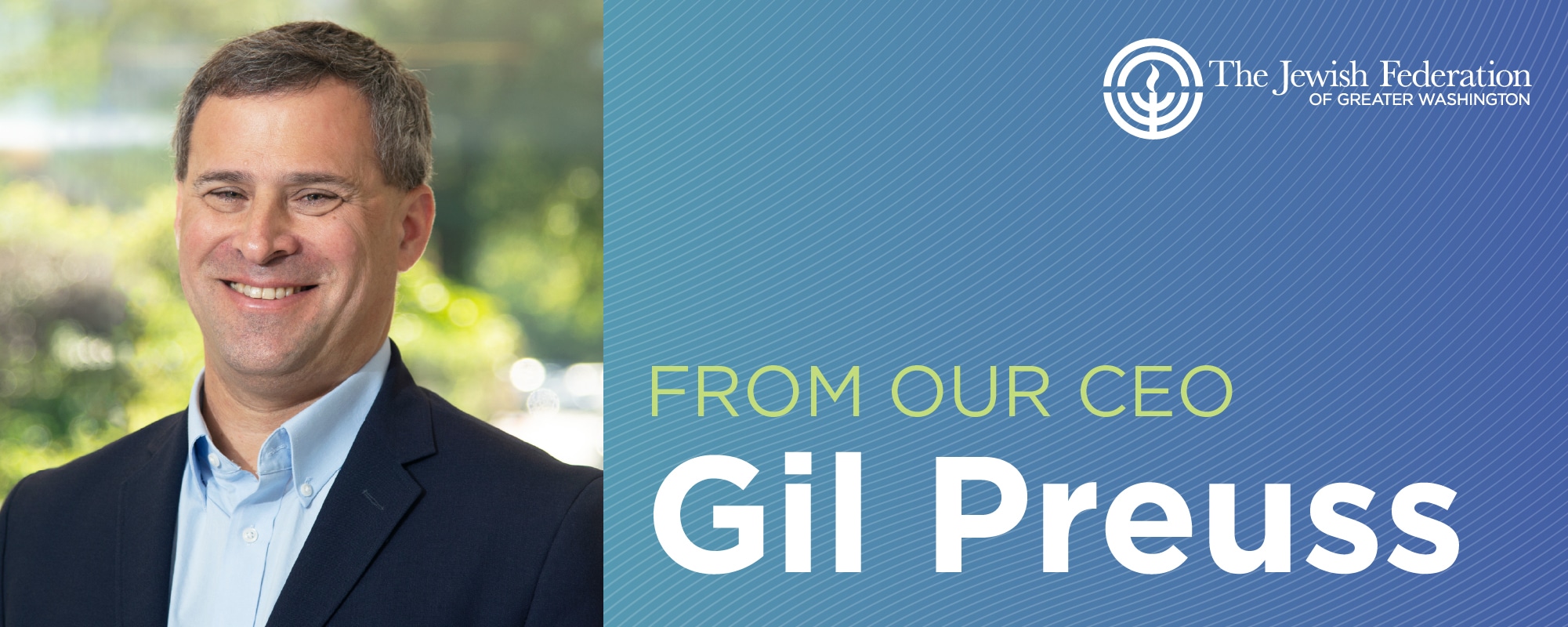-
08 May 2020

Two months into a new normal shaped by the coronavirus, we have learned how to live in quarantine, how to translate life in-person to life online, how to get up in the morning amidst fear and uncertainty, and so much more. With any luck, this time in our lives will become an anomaly—something to tell our grandkids about one day. But I also know that some of these new ways of operating are sure to linger.
After all, people adapt to their circumstances. We modify our behaviors and adjust our approach to the future. I have already noticed this about my own life. Everything from how I structure my work day to the extent to which I keep in touch with people has shifted to reflect the practical realities of this time.
I can tell some habits will be worth holding on to, at least in some form. For instance, I am spending more time with my family over dinner and in other ways. I am also paying close attention to the impact that both the pandemic and economic crisis are having on different populations here at home and throughout the world. My understanding of and focus on the welfare of others who live both near and far has deepened and expanded.
And yet, I am also noticing some more dubious changes, including how much my circle of community has shrunk. Now that chance encounters are off the table, I am only speaking to the few people with whom I have something scheduled on the calendar. I have stopped expanding my network or making new plans. Like many of you, my world now fits into a safe and contained bubble.
We may need to live like this a while longer but, ultimately, we must ensure that these contractions in our lives are temporary. When the virus subsides and we go about the work of picking up the pieces, we will have the choice of sticking to our bubbles or of renewing our sense of community with vigor. Judaism teaches us to opt for the latter.
This will require going against some of our newly primed instincts. We have spent a significant part of this year learning to shy away from strangers and to keep our circles small. This is advisable in the immediate term but won’t serve us in the long-term. Instead, we should tap into some of our other new skills—our desire to deepen our relationships with loved ones and our heightened sense of care for the world in which we live—to inform our path moving forward.
Instead of shaping a future based on fear and metaphorical distancing, we must draw on our experience as a reason to keep widening our circles of connection. This is a turning point. We have seen for ourselves just how important community is to our physical, spiritual, and global wellbeing—and this is our chance to react. Let’s use this opportunity not to turn inward but to continue reaching out and strengthening the ties we share. Let’s take all of the positive, hard-fought lessons of this time and use them to build a better, stronger Jewish future.
Shabbat Shalom,
Gil
